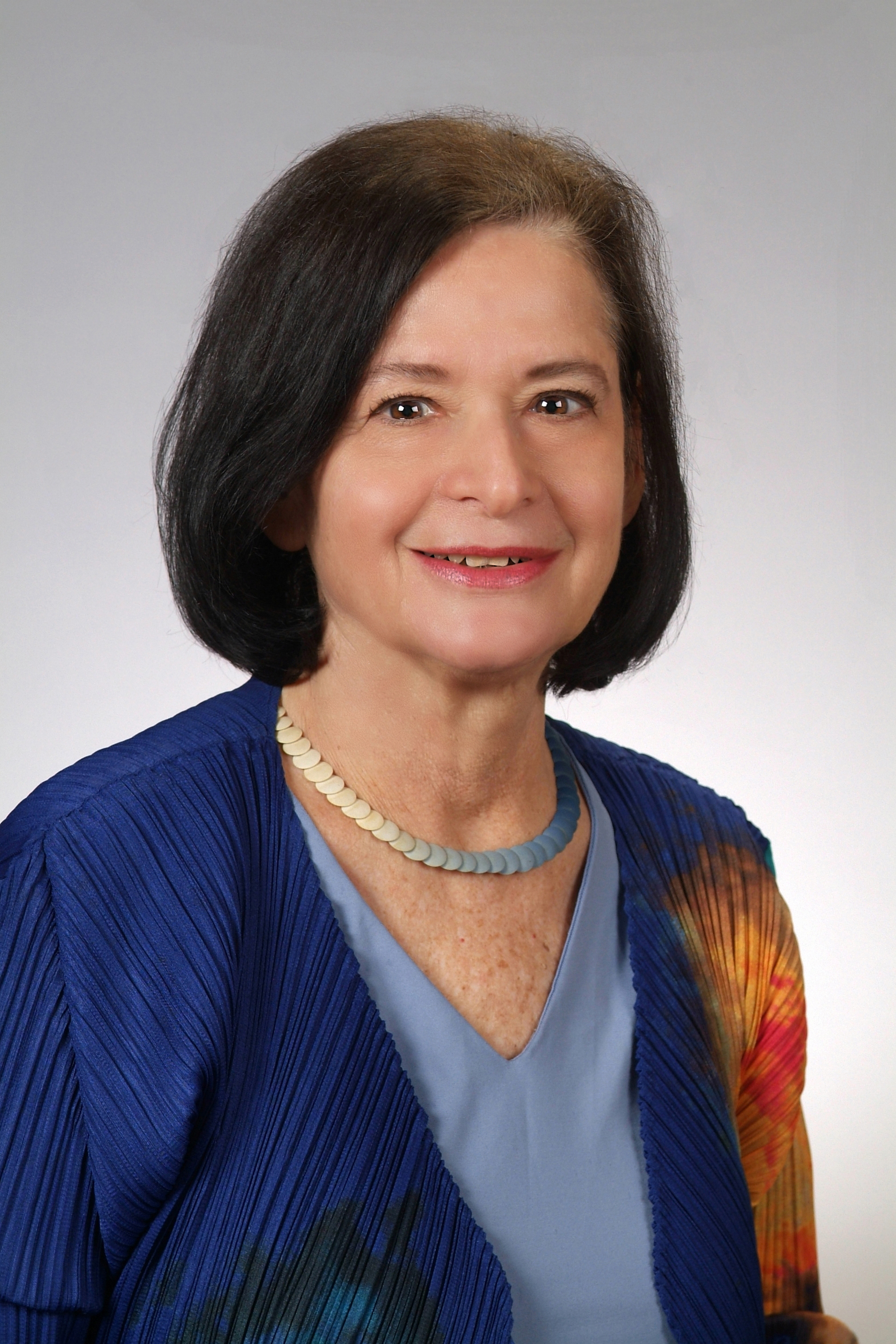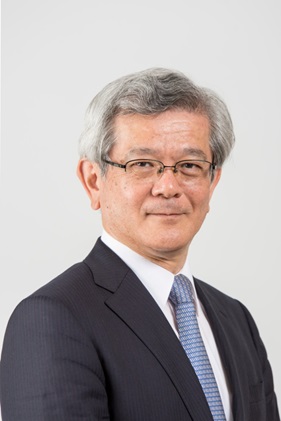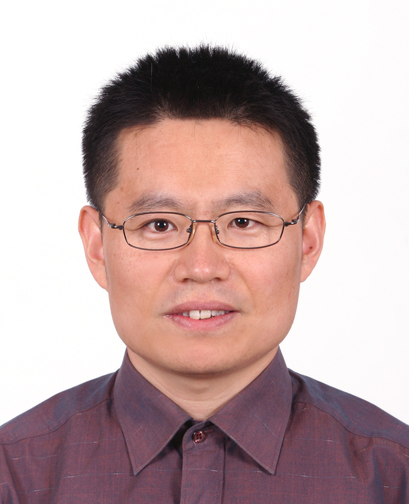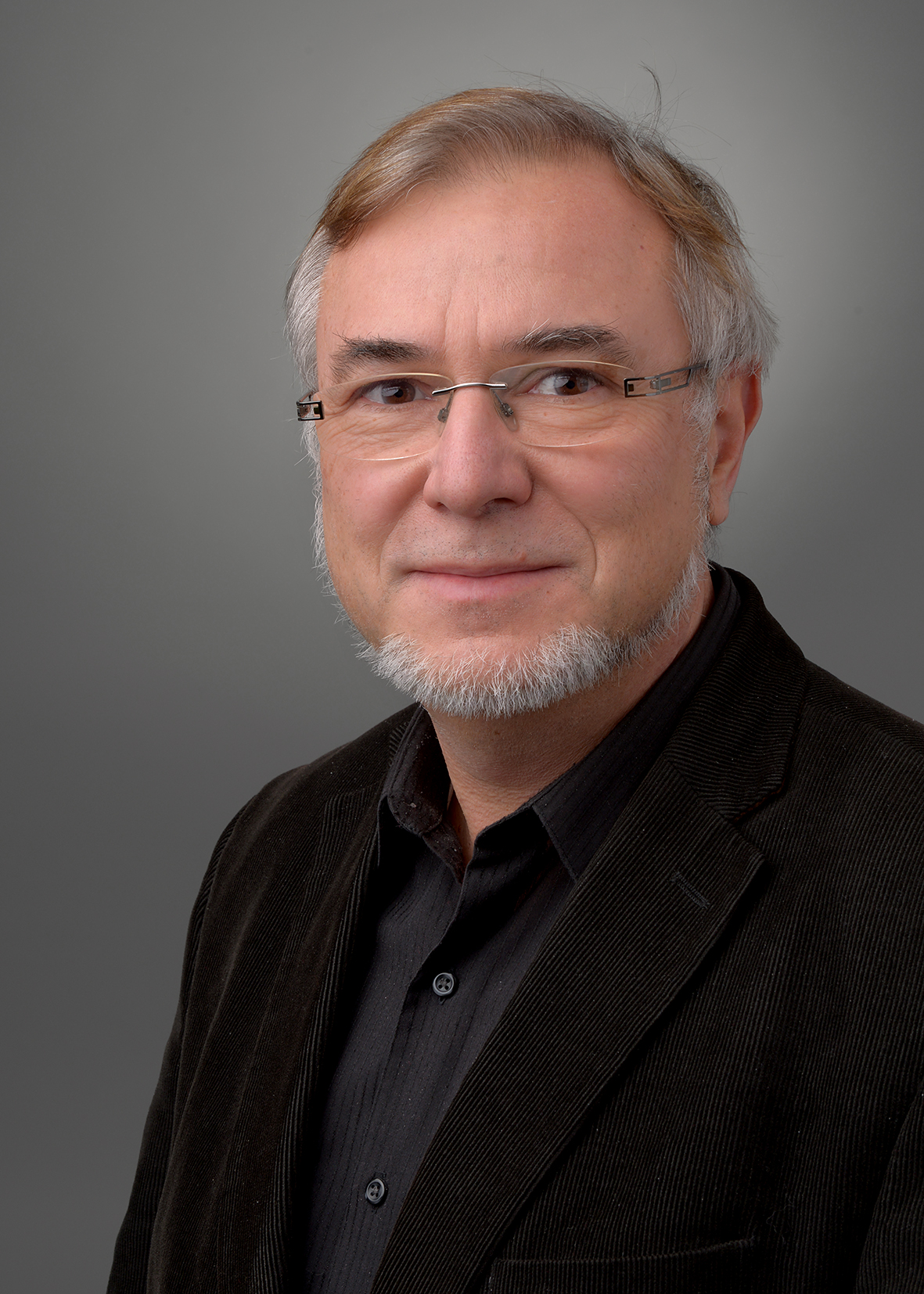Program
Keynote Lectures
Keynote Lecture 1 (23/Oct, 13:45-14:30)
Dr. Gail H. Marcus (Nuclear Power Technology and Policy)
The Significance of the U.S. NRC Principles of Good Regulation |
Dr. Gail H. Marcus is currently an independent consultant on nuclear power technology and policy. From 2004-2007, she served as Deputy Director-General of the OECD Nuclear Energy Agency (NEA) in Paris, where she oversaw work on nuclear safety and regulation, economic and policy analyses of nuclear power, radiation protection, radioactive waste management, and nuclear law. Prior to that, she served as Principal Deputy Director of the Office of Nuclear Energy, Science and Technology. There she provided technical leadership for DOE's nuclear energy programs and facilities, including the development of next-generation nuclear power systems. From 1998-1999, she spent a year in Japan as Visiting Professor in the Research Laboratory for Nuclear Reactors, Tokyo Institute of Technology, conducting research on comparative nuclear regulatory policy in Japan and the United States. Before that, Dr. Marcus was at the US Nuclear Regulatory Commission (NRC). She served there in a variety of positions, most notably as technical assistant to a Commissioner, providing advice and recommendations on a broad range of technical and policy issues and rulemakings, including rules for nuclear power plant license renewal and for the standard design certification and combined licenses for new nuclear power plants. She also served in a number of other positions at NRC, and was detailed for five months to Japan's Ministry of International Trade and Industry, where she was NRC's first assignee to Japan, studying Japan's licensing of the Advanced Boiling Water Reactor. From 1980-1985, Dr. Marcus was Assistant Chief of the Science Policy Research Division at the Congressional Research Service, where she was responsible for policy analysis and legislative support for Congress covering all fields of science and technology, and played a lead role in policy analysis and the development of legislation for energy, nuclear power, and risk assessment and management. Dr. Marcus has been an active member of the American Nuclear Society (ANS), and served as its President from 2001 to 2002. She has also been active in the American Association for the Advancement of Science (AAAS), and in 2007-2008, was Chair of the AAAS Engineering Section. She is a Fellow of the ANS and of AAAS. She was a member of the 1989-1990 National Research Council Committee on the Future Needs of Nuclear Engineering Education, and served three terms on the MIT Corporation Visiting Committee for the Nuclear Engineering Department. Dr. Marcus' many publications include a book, "Nuclear Firsts: Milestones on the Road to Nuclear Power Development," chronicling the major technical and institutional steps in the development of nuclear power. In 2013, she received the ASME Engineer-Historian Award for that book. In 2014, she was selected as the first recipient of the American Nuclear Society E. Gail de Planque Award for outstanding accomplishments by a woman in nuclear science and engineering. Dr. Marcus has an S.B. and S.M. in Physics, and an Sc.D. in Nuclear Engineering from MIT. She is the first woman to earn a doctorate in nuclear engineering in the United States. |
Keynote Lecture 2 (24/Oct, 09:00-09:45)
Professor Naoto SEKIMURA (The University of Tokyo)
Fundamentals for Continuous Improvement of Safety in Nuclear Power Plants |
Dr. Naoto Sekimura is serving as a Vice-President of the University of Tokyo from April, 2017. He is also a Professor at the Department of Nuclear Engineering and Management, School of Engineering, the University of Tokyo. He completed his Ph.D degree in 1986 at Department of Nuclear Engineering of the University of Tokyo, and became a full professor of the University of Tokyo in 2000. He is also serving as a Chairperson of Nuclear Safety Examination Committee in the Nuclear Regulation Authority (NRA) of Japan from 2016. His research interests include safety and maintenance engineering for complex systems, ageing management of nuclear reactors, codes and standards for structural design and inspection, and effects of radiation in solid materials. He is a member of Science Council of Japan. He is a Chairperson of the Nuclear Safety Division and also a Standard Committee Chairperson of the Atomic Energy Society of Japan. He served as a Chairperson in OECD SCAP project on knowledge management of ageing degradation of materials and components in nuclear systems in 2006-2010. He has been also acting as a member of IAEA technical working group since 2009. He also served as a co-chairman of the IGALL (International Ageing Lessons Learned) project in IAEA. |
Keynote Lecture 3 (25/Oct, 09:00-09:45)
Professor Zhengcao LI
Degradation and Safety Issues of Nuclear Power Systems |
Professor Zhengcao LI got his Bachelor, Master and Doctor Degrees at Department of Materials Science and Engineering, Tsinghua University. In 2003, he joined the Department of Quantum Engineering and Systems Science, the University of Tokyo as an Assistant Professor, and then moved back to the Department of Materials Science and Engineering (Now School of Materials Science and Engineering), Tsinghua University in 2006. Li got prizes of Distinguished Young Scholars of Tsinghua University, Materials Research Society of China, Beijing City and Ministry of Education. He is now sitting as: |
Keynote Lecture 4 (25/Oct, 09:45-10:30)
Professor Nobert Meyendorf (Fraunhofer IKTS))
Industry 4.0 Requires NDE 4.0 - Advanced Technology will Change the Way how NDE and SHM is Applied for Engineering and Maintenance |
Until retirement in summer 2018 Dr. Norbert Meyendorf was professor in the Aerospace Engineering program at the Iowa State University and deputy director of the Center for Nondestructive Evaluation in Ames, Iowa. Before moving to Ames he was department head and branch director at the Fraunhofer institute for Nondestructive Testing in Germany for more than 20 years and Professor at the University of Dayton, Ohio and the University of Technology in Dresden, Germany for more than 10 years. He has edited several books, is author or coauthor of numerous journal articles and is editor in chief of the Journal of NDE published by Springer. He was chair of the SPIE symposium Smart Structures and NDE for 4 years and since 2001 every year chair of co-chair of a conference within this symposium. He still continues to teach as adjunct Faculty at Iowa State University, the University of Dayton and the University Dresden, Germany |
